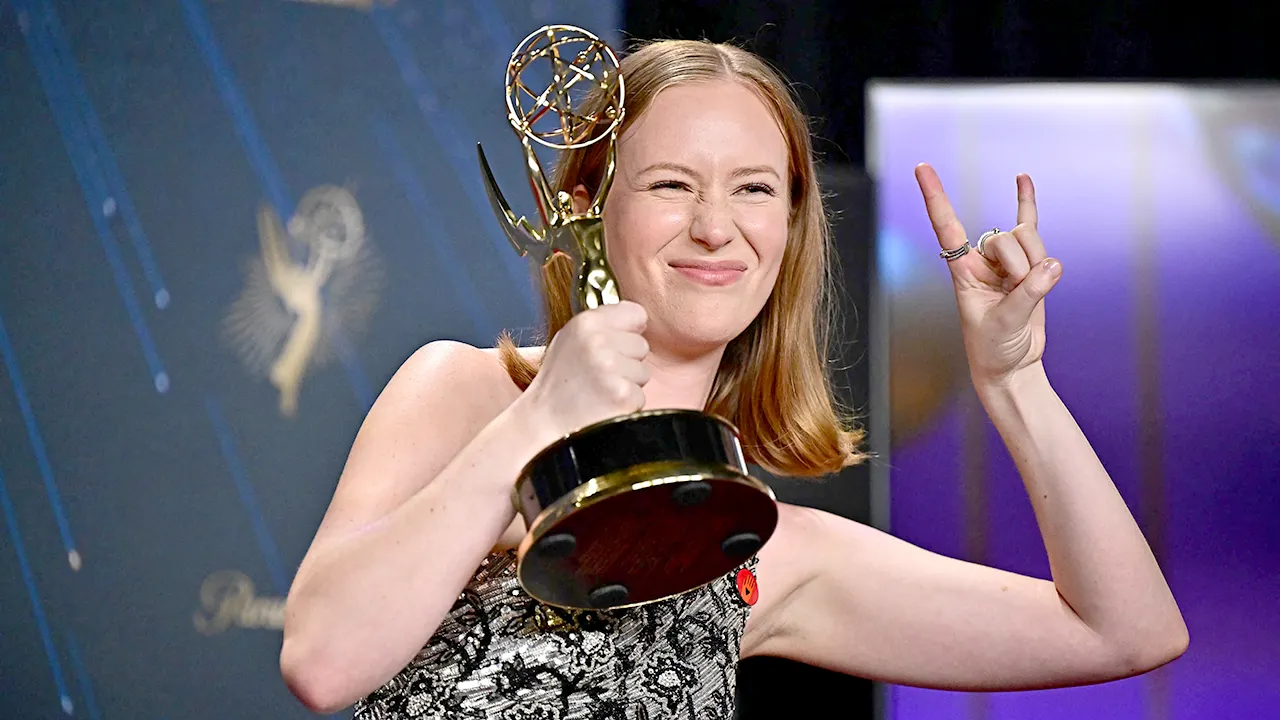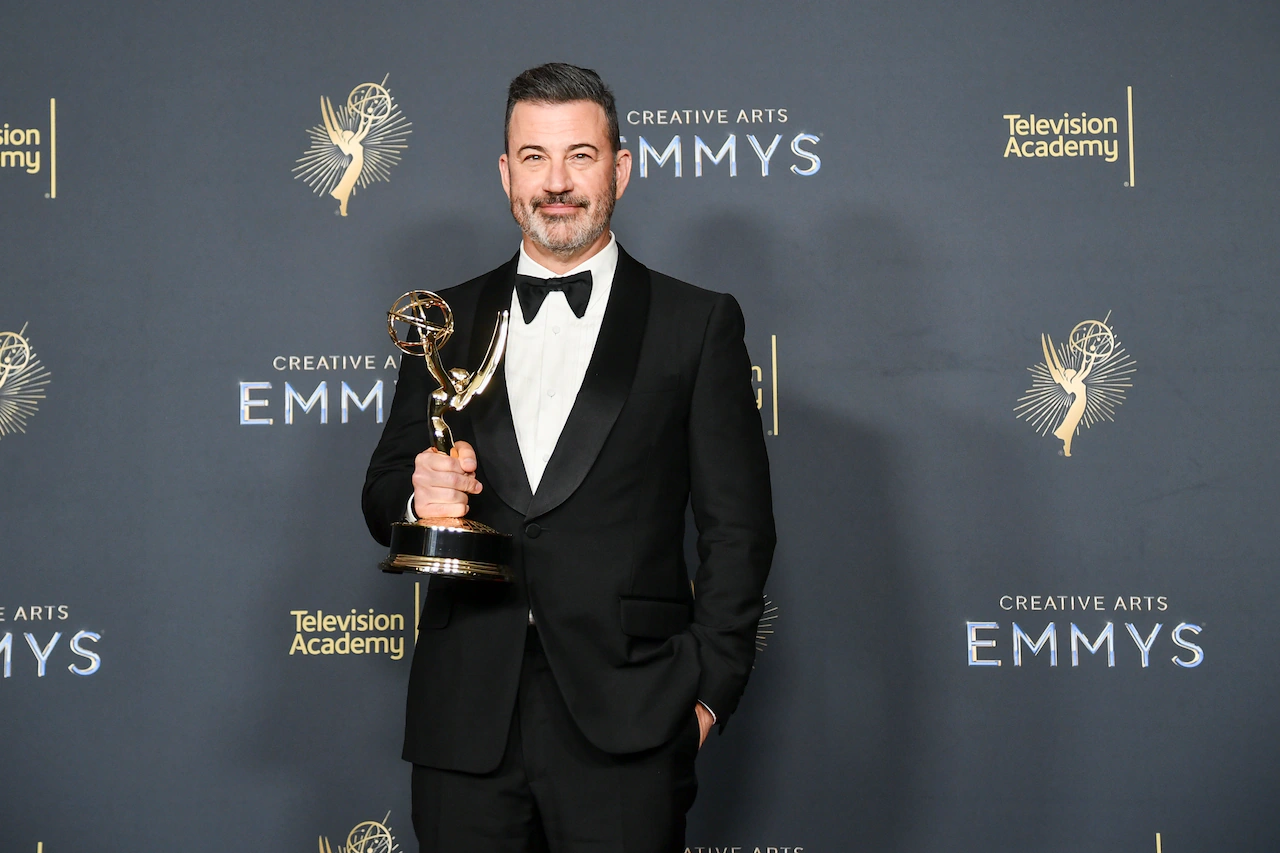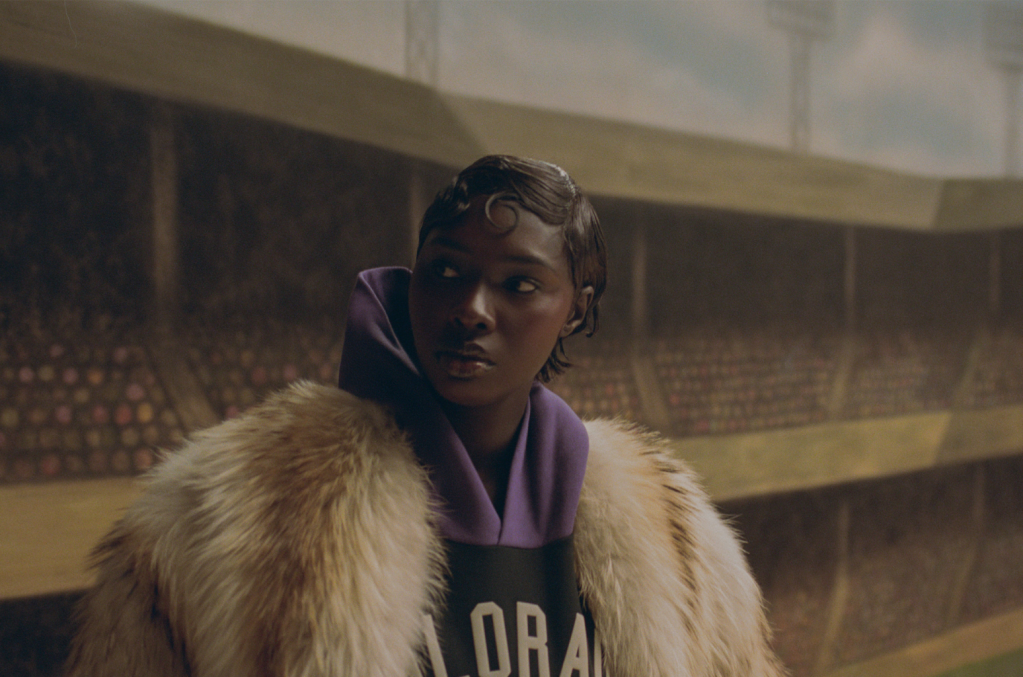
When the Ryder Cup broke almost a century of tradition, it did not happen on the course, but what shook everyone was that it happened instead in its playbook. For the first time in Ryder Cup history, each U.S. player and the captain will receive $500,000 for participating in the 2025 matches at Bethpage Black. That amount is split into $200,000 they can spend as they choose, and $300,000 earmarked for charity. Europeans, however, will continue the old path: no direct payment.
Enter Dame Laura Davies, the legendary Solheim Cup stalwart and longtime voice of European golf, spoke with a mix of disbelief and frustration: “It just proves the difference between the attitudes,” she said, adding that while Americans are approaching the Ryder Cup “to do a job and they want to get paid for it,” Europeans still see the event as something far bigger than a paycheck. Her words weren’t limited to criticism of the U.S. side; they carried a warning for women’s team golf, too. “I’d be disgusted” if the Solheim Cup ever followed the same path, she said. Honor, for Davies, lies not in compensation but in representation. It’s the kind of ethos she believes built the Solheim Cup and Ryder Cup culture, something she fears is at risk.
Davies doesn’t mince words. “They’re missing the point. They’re very wealthy people … if you’ve won a lot of prize money you’ve won a lot of tournaments.” Usual PGA Tour events have a prize money range between $500,000 and $2 million, and given the amount of events the Tour hold, money should be the last worry for the established pro golfer.
ADVERTISEMENT
Article continues below this ad
Other than her, Rory McIlroy has been one of the most vocal among Europeans: “I would pay for the privilege to play in the Ryder Cup,” he declared. Luke Donald, Europe’s captain, echoed that the competition should be driven by passion, not money, and even said that he believes the European side should never accept compensation.
ADVERTISEMENT
Article continues below this ad
On the U.S. side, the PGA of America defended the decision, claiming this recognition was overdue and that giving players more control over charity was a crucial part of the proposal. Even the GOAT, Tiger Woods, said, “a great move and headed in the right direction,”. He has long supported the idea of Ryder Cup players getting paid, although for charity reasons rather than personal profit, since 1999.
Some U.S. players have suggested they will donate their stipend portions, framing the money not as pay, but as a part of giving back instead. But Davies remains skeptical. “(Patrick) Cantlay, and to a lesser extent [Xander Schauffele], they seem to be the ringleaders,” she said, wondering why players would put more weight on money when prestige and representation once sufficed.
Beyond the moral debate, there are practical questions: will this shift change how players prepare, how they view national team events, or how fans see them? Davies doesn’t believe the cause should be financial. She observed that $200,000, while not small in amount, is hardly transformative for someone already earning major purses. “That’s one half decent week on the PGA Tour,” she said. Meanwhile, European players like Shane Lowry have voiced that they “don’t care whether they get paid or not,” insisting that the privilege and history matter more.
As Bethpage Black looms, the controversy around payout provides more than just news; it challenges the identity of the Ryder Cup. Davies and others argue that once the monetary expectations creep in, the lines between playing for homeland and playing for a paycheck may blur.
And as Laura Davies voiced her outrage, Europe’s leaders doubled down on keeping the Ryder Cup proudly unpaid.
Team Europe’s reaction to the U.S.A. Team’s Ryder Cup payments
Luke Donald, Europe’s captain, has echoed McIlroy’s sentiments, emphasizing passion, tradition, and collective identity over financial reward. “It’s one week where you play for more than yourself,” Donald said, stressing that it’s “not about money or points … it’s about coming together as a team and the fans feed off that — it’s all passion.” Donald expressed that European players “do not need to be playing for money.” In his view, payments threaten the very essence of what the Ryder Cup has symbolized for decades.
ADVERTISEMENT
Article continues below this ad
Other European players have added their voices. Shane Lowry said that being selected for the Ryder Cup is already a reward enough. “I love the tournament, and I just want to be involved. I don’t care whether I get paid or not,” he told the Irish Independent. Tommy Fleetwood chimed in similarly, saying that regardless of the payout, he’d play anyway: “Pay me nothing or pay me £10 million to play in the Ryder Cup — I’m still going to play.” Also, Rory McIlroy remarked that the consensus among European players is that “$5 million would be better off spent elsewhere on the DP World Tour to support other events or even to support The Challenge Tour.”



